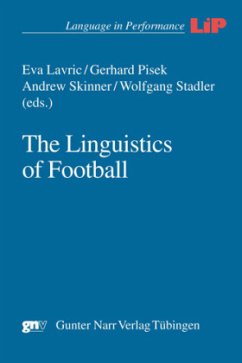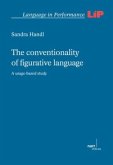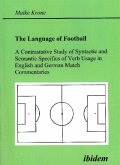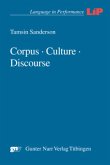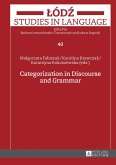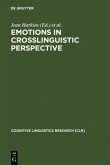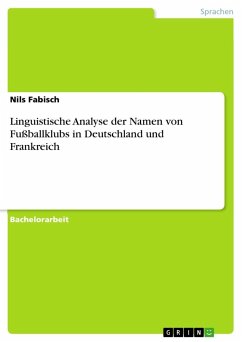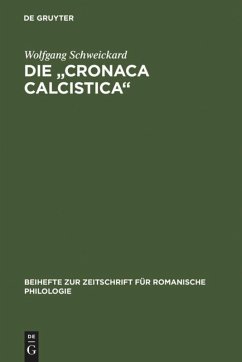The first interdisciplinary collection of articles on this topic is as international and varied as football itself. The publication covers media discourse, an online-dictionary of football terms, metaphors, the grammar of football commentary, emotions, football chants and football teams as multilingual eco-systems. Contributions from Sweden to Nigeria show how Language operates in football. Would you know where footballing terms in Arabic come from? How does the German coach Otto Rehagel communicate with the Greek players? Which Language did Materazzi use when insulting Zidane? Which special words do German, Polish and Igbo have for running, dribbling, penalty area and foul? In which country do the Canaries play the Roaring Lions? Where are famous footballers enshrined in a 'Hall of Fame'? Which metaphors do Swedish, German and Russian football commentators tend to use? Are the British really less emotional than the Spanish when it comes to football commentating? And why are commentators from Russia to Italy speechless as soon as emotions really run high?That and much more is covered in this first wide-ranging compilation on the topic of football and Language. Timed to coincide with EURO 2008, this book puts football on the map of current linguistics.

